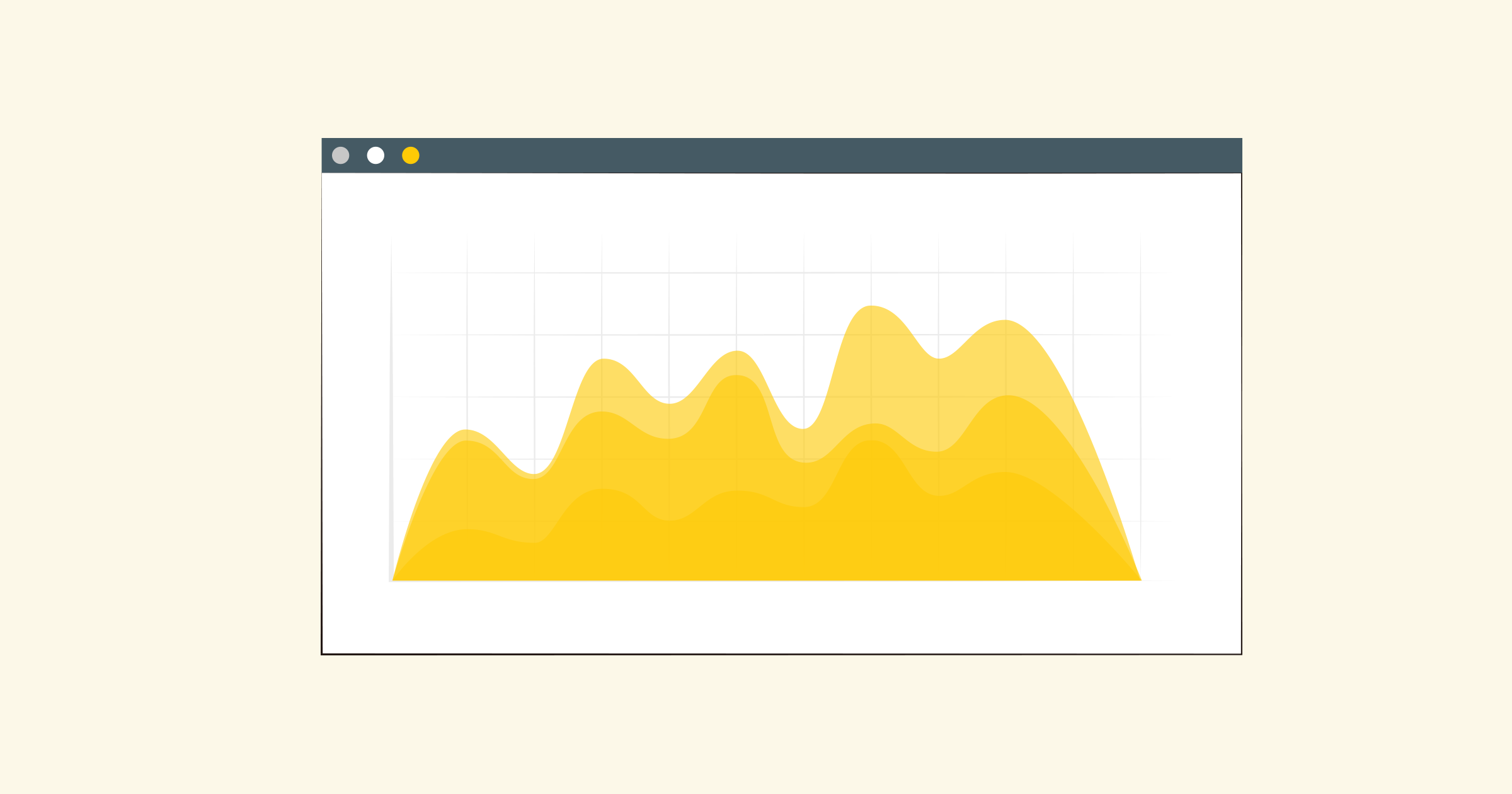What is Proxy Server: A Comprehensive Guide
Introduction.
In today's digital landscape, the term "proxy server" is becoming increasingly popular. But what exactly does it mean? In this comprehensive guide, we will delve into the world of proxy servers, exploring their definition, functionality, benefits, and how individuals and businesses can use them for their online activities. So let's get started!
What is a proxy server?
Simply put, a proxy server acts as an intermediary between your device and the Internet. When you access a website or online service through a proxy server, the server retrieves the requested information on your behalf and forwards it to you, preserving your anonymity and hiding your IP address in the process.
How does a proxy server work?
When you connect to the Internet through a proxy server, your request for data goes through the server first. The proxy server then acts as an intermediary, sending the request to the target website or server on your behalf. Once the website responds, the proxy server receives the data and forwards it back to you.
Advantages of using a proxy server
1. Improved privacy and security:
One of the main benefits of using a proxy server is increased privacy and security. By acting as an intermediary, a proxy server masks your IP address, preventing websites from tracking your online activities. In addition, it can encrypt your data, making it more difficult for hackers or malicious entities to gain access to your personal information.
2. Access blocked content:
Proxy servers allow users to bypass geographic restrictions and access content that may be blocked in their region. For example, if a website is blocked in your country, you can access it by connecting to a proxy server in another location.
3. Improved speed and performance:
Proxy servers can cache data, which means that frequently accessed information is stored locally. This caching feature can significantly improve speed and performance by eliminating the need to retrieve data from the original source each time it is requested.
4. Load balancing:
In situations where a website experiences high traffic, proxy servers can help distribute the load across multiple servers. This load balancing feature ensures that each server handles a reasonable amount of traffic, preventing overloading and optimizing performance.
Types of Proxy Servers
1. HTTP Proxy:
HTTP proxies are commonly used for basic web browsing. They can handle HTTP requests and are generally easy to set up. However, they may not support other protocols, such as FTP and SMTP.
2. SOCKS proxy:
SOCKS (Socket Secure) proxies provide a higher level of security and can handle different types of Internet traffic. Unlike HTTP proxies, SOCKS proxies can work with non-web-based applications and protocols, making them more versatile.
3. Transparent Proxy:
Transparent proxies do not modify request headers and therefore do not provide anonymity. They are typically used by organizations to implement content filtering or monitoring without impacting the user experience.
Conclusion
In summary, a proxy server acts as an intermediary between your device and the Internet. It provides enhanced privacy, security, and the ability to access blocked content. Proxy servers offer several benefits, including improved speed and performance, load balancing, and support for various protocols. Whether you are an individual looking to protect your online identity or a business looking to optimize Internet usage, using proxy servers can greatly benefit your online activities.





























